AICAR 50mg
$65.00
AICAR is an analogue of adenosine monophosphate. It has been used clinically to protect against cardiac ischemia following heart attack. AICAR has antioxidant properties and may therefore help to slow the physiologic signs of aging. There is ongoing research into the use of AICAR to mediate the effects of diabetes, auto-immune diseases, and other inflammatory conditions.
What Is AICAR?
AICAR, short for 5-aminoimidazole-4-carboxamide ribonucleoside, is short peptide that plays a role in energy homeostasis and a number of metabolic pathways. AICAR plays a role in the regulation of insulin receptors and how muscle cells function with regards to insulin. AICAR is under active investigation for its cancer-fighting properties and for its ability to protect heart/cardiovascular tissue. AICAR is an AMP kinase (AMPK) activator.
AICAR is the activated form of naturally occurring acadesine, which is currently used in the treatment of acute lymphblastic leukemia. Research shows that acadesine, like AICAR, has anti-cancer properties. It has also been found to play a role in inhibiting platelet function and thus in the prevention of the early stages of blood clotting.
AICAR Effects
AICAR and Insulin Resistance
Research in mice shows that AICAR, even at low doses, reduces inflammation in adipose tissue. Inflammation in fat is associated with increased insulin resistance and reducing inflammation leads to improved glucose homeostasis and increased insulin sensitivity even without any changes in body weight. I appears that AICAR has several pathways though which it affects inflammation in adipose tissue, with at least one of those pathways involving SIRT1 and macrophages[1].
The impact of AICAR on adipose inflammation is not unexpected. AMPK has been found to attenuate inflammatory responses in metabolic disorders in both healthy and diabetic mice. In research in mice, AMPK activation, as is caused by AICAR, was found to improve insulin sensitivity, energy homeostasis, lipid metabolism, and inflammatory markers[]
Exercise increases the number of GLUT-4 insulin receptors that are present on the surface of muscle cells. It is one of the most effective means of boosting glucose uptake by muscle cells and effectively reduces both glucose levels and insulin resistance. It turns out that AICAR mimics the effects of exercise very precisely and that repeated administration of AICAR has effects similar to long-term exercise[3].
AICAR and Cancer Research
AMPK plays a complex role in the growth and metastasis of cancer, both slowing and accelerating the growth of tumors under varying circumstances. Overall, research indicates that prolonged activation of the enzyme eventually leads to cancer cell death by slowing cancer cell metabolism and making cancer cells more susceptible to environmental insults. This has been demonstrated both in cell culture and in rats[4, p. 5], [5]. Scientists are investigating the ability of AICAR to work in tandem with other chemotherapeutic agents to boost effectiveness. The thought is that AICAR might:
- reduce side effects,
- allow for lower dosing of chemotherapeutic drugs, and
- improve outcomes in chemo-resistant tumors[0].
AICAR Anti-inflammatory Properties
AMPK activators have been shown to play an important role in inflammation at the cellular level. Research into metformin, a common and long-used diabetes medication, indicates that at least part of the reason the drug is effective is that it reduces inflammation and boosts the function of the pancreas. AICAR has a similar effects, playing a protective role in inflammatory conditions like acute lung injry, asthma, colitis, atherosclerosis, and hepatitis [8].
There is ongoing research into the use of AICAR to mediate the effects of auto-immune diseases and other inflammatory conditions. For instance, studies in mice indicate that ACIAR may be effective in reducing inflammation in colitis. It appears that AICAR acts as a central inhibitor of immune responses in this setting by reducing NF-kappaB activation in macrophages as well as TH1- and TH17-type cytokines [9].
AICAR Research and the Heart
Much of heart disease is related to inflammation. The ability to control inflammation could reduce the progression of vascular disease, including atherosclerosis. Research in rabbit models of atherosclerosis indicated that AICAR suppression vascular smooth muscle proliferation. This is not only an important component of cardiovascular disease, but is also one of the reasons that cardiac stents fail over time. Controlling vascular inflammation could reduce both short-term and long-term complications of stent placement without the need for drugs that increase the risk of bleeding[10].
Research also suggests that AMPK activation can suppression certain immune responses that lead to atherosclerosis. The buildup of LDL, often referred to as “bad cholesterol,” leads to macrophage proliferation. This process is integral to the formation of plaques that can eventually lead to heart attack[11]. Anything that can mitigate this proliferation has the potential to reduce heart disease and even heart attack prevalence.
AICAR Research and Fertility
A great deal of AICAR research has revolved around the ability of the peptide to improve sperm motility, energy metabolism, and fertilizing ability. Research in both cats, goats, and chickens indicates that AMPK activators like AICAR can improve sperm motility by improving energy metabolism [12]. It appears that AICAR regulates the activity of energetic enzymes in spermatozoa and therefore impacts overall fertilizing ability[13].
AICAR exhibits minimal side effects, low oral and excellent subcutaneous bioavailability in mice. Per kg dosage in mice does not scale to humans. AICAR for sale at Peptide Sciences is limited to educational and scientific research only, not for human consumption. Only buy AICAR if you are a licensed researcher.
6 reviews for AICAR 50mg
Add a review Cancel reply
Related products
Peptides
Peptides
Peptides
Peptides
Peptides
Peptides

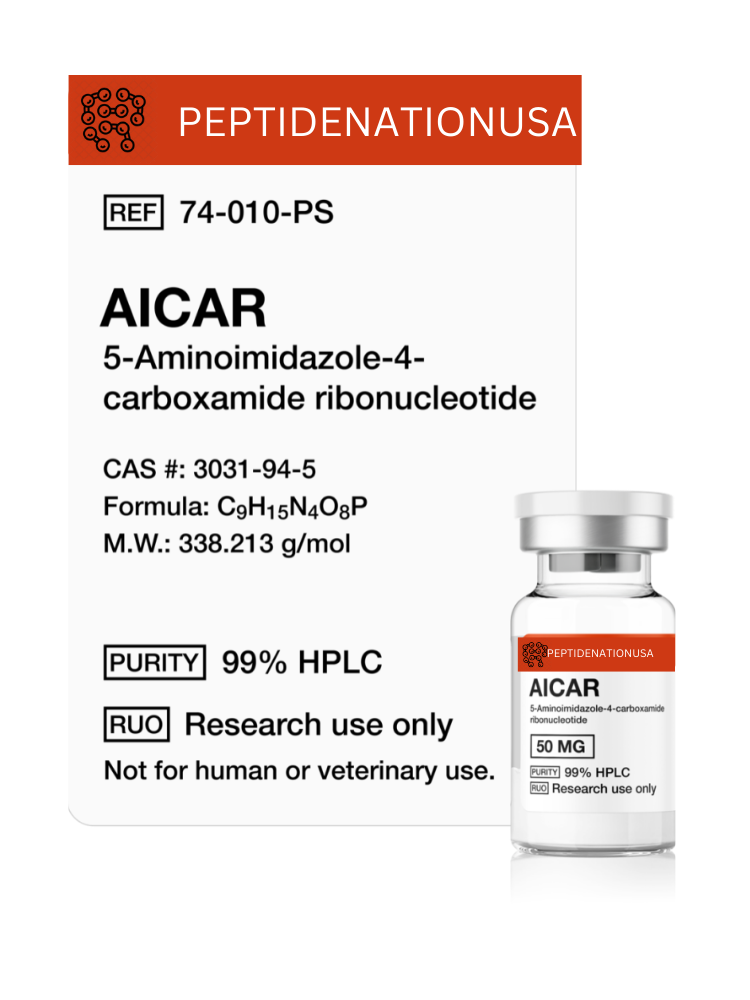
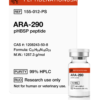


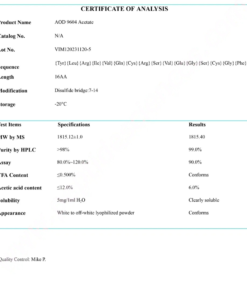
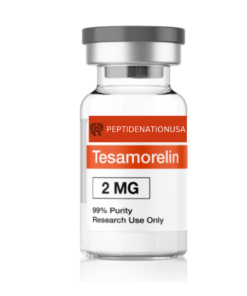

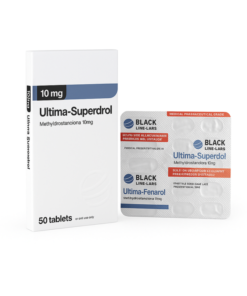




Brian Hall –
Endurance increase was noticeable after a few doses. Felt like I could go longer during workouts
Natalie Brooks –
Energy levels felt more stable. Definitely a solid addition to a serious training program
Chris Allen –
Used in controlled setting for testing – results were consistent with expectations
Megan Stevens –
Minimal side effects. Noticeably improved stamina for both cardio and weights
Eric Robinson –
ICAR gave me an edge in longer training sessions. Will order again
Eric Robinson –
AICAR gave me an edge in longer training sessions. Will order again